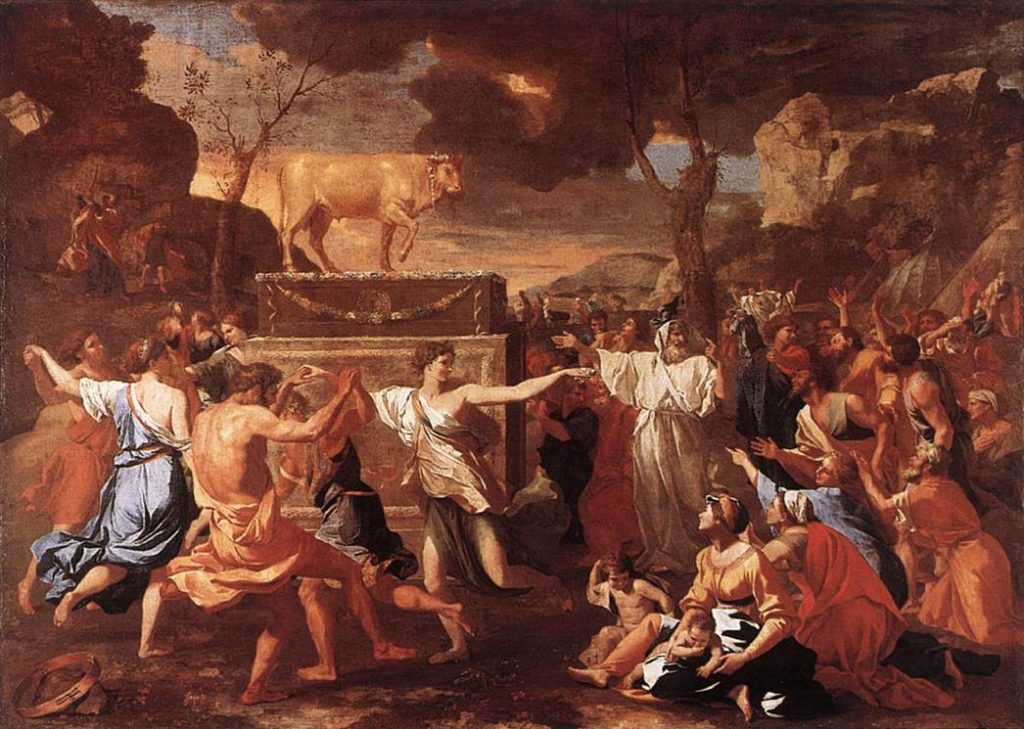The average individual conflates happiness with fulfillment. From a young age, society teaches us that chasing self-actualization and indulging our worldly desires produce happiness. In truth, happiness is unattainable. At least not in any form that endures the natural vicissitudes of life. Denial of the self and relinquishment of carnal appetites is the only path to fulfillment.
Worldly imperfection guarantees fleeting happiness. There is no such thing as a flawless day, a faultless relationship, or a perfectly unchanging mental state of contentment. These challenge our ability to maintain a happy state of mind, and yet we are to purportedly derive happiness from refinement of our own imperfections; growing into the best version of ourselves as possible. This is the crux of the humanist view: humans control their own progress and destiny outside the influence of any higher power, and we experience happiness through this advancement. This could include practicing to become a virtuosic musician, a master craftsman, or a sublimely chill yogi. The humanist asserts that we attain happiness through our accomplishments and self-improvement. Working hand-in-hand with a humanist mindset, consumerism teaches us that achieving personal goals is nice, but material wealth is a necessary complement for true happiness.
People constantly struggle to keep up with the Joneses as they chase material and experiential benchmarks of social status. These pleasures provide a fading happiness that is reminiscent of a natural phenomenon: if you stare at a vivid color long enough, your optic nerves become fatigued and the image dulls. The only solution is to either break your focus, or find a brighter color. Material desires captivate us and we are often unable to redirect our attention. To replenish our dulling happiness, we find the next material possession or adventure that will promise as much. Imagine the rush of happiness someone gets turning the key for the first time on their new luxury sedan, or their new mansion. Subsequent experiences with the possession never rival the fondly remembered “first time” and an upgrade is needed quickly after enjoying the latest craving. People exist on this hedonic treadmill that promises lasting happiness which escapes them because they worship the wrong gods.

Many have been deceived into organizing their lives around achieving wealth in the eyes of society: social status, possessions, memorable travels, self-fulfillment. Though, there is nothing inherently wrong with deriving pleasure from these, they have in effect become gods to which people show a religious devotion. Riches and prestige may provide flickers of happiness and the illusion of approaching contentment, but we will never arrive; stop running and be thrown from the treadmill. Happiness eludes those seeking it through material desires because no one has an unlimited source of funds. Nobody seeking fulfillment through self-actualization finds it, because our flaws are infinite in number. Our personal deficiencies will forever frustrate the pursuit of our ideal self until the vain effort has exhausted our spirit. The only path to fulfillment is to reject the humanist mindset that we transform ourselves into perfect persons and embrace the reality that only God can make us perfect. This is denial of the self. We smash the egotistical idols we have made as we deny ourselves the identity of Creator, of God. We must both understand that we are hopelessly flawed, and that when we accept God we are viewed as if He has already made us perfect (as He will when we are made into spirit beings). However, Jesus Christ tells us that none can know the Father except through the Son. Jesus lived a human life and was tempted as we are tempted, and suffered as we suffer. He understands our desire for fulfillment and promises to give us peace from our restless lives and satisfy our spirit if we live by His example.

We free ourselves from the slavery of our desires by placing our faith in God. As mere transients in this physical world, we may savor the delights it has to offer—and thank God for our blessings—but we must remain unattached and focused on the spiritual. True fulfillment emanates from a life centered on God instead of ourselves and our lusts, and from this life flows happiness. This is not to say that a life following God ensures perpetual happiness—an impossible aspiration in this world—or that we should stop our trajectory of personal growth. It instead removes the burden on yourself to develop into a person capable of contentment in some distant future. You can be content today knowing that, though worldly pleasures and achievements will leave you feeling empty and inadequate, you are more than enough for God. When the desires of man are laid before our lustful eyes, turning our gaze to God will lead to true fulfillment that will not fade.

If you liked this article and want to keep up to date with future posts, you can sign up for my newsletter below. I promise I won’t blow up your inbox.

i found this really helpful, thank you!
Glad to hear it, thanks Josie!